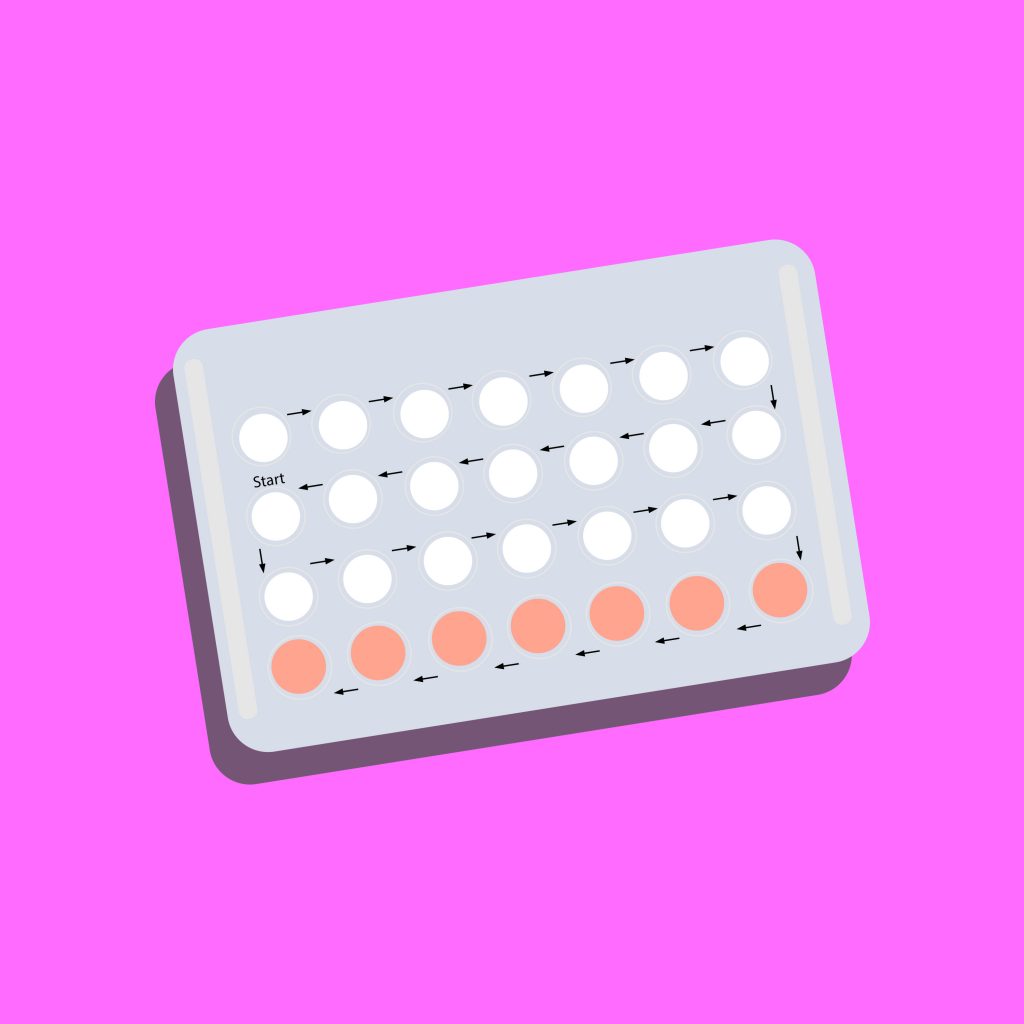In a world where sexual wellness is at the forefront of conversations about health, it is still clouded by misinformation and stigma. Many use contraceptives to prevent pregnancy, but deeper implications arise when it comes to choice and autonomy, which are under threat by the current presidential administration.
Birth control pills, first approved by the Food and Drug Administration in 1960, were a game-changing method for family planning. Since then, contraception has expanded to multiple forms like the patch, the ring, intrauterine devices and emergency contraception, or Plan B. Each form has its positives and negatives, and users can choose different methods depending on their choices and lifestyles.
However, hormonal birth control is not without its side effects. Although often viewed as an easy way to avoid unwanted pregnancies, using birth control can take a physical toll. Side effects can include nausea, headaches, mood changes and blood clotting, and taking contraception, especially in adolescence, can exacerbate underlying mental health conditions like depression.
Considering the intensity of these side effects, why does the majority of the responsibility of contraception fall on the female body? Many women use hormonal birth control as a matter of personal preference, but both parties in a heterosexual relationship must do their part to prevent pregnancy.
Options for male parties go beyond the condom and the vasectomy. Hormonal contraception gel and hormonal combination injections are up-and-coming options for men with fewer side effects. However, due to lack of investment, hormonal complications, and the idea that effective birth control methods for females already exist, male birth control is nowhere near as common.
While the method of birth control should be up to the person who could become pregnant, that responsibility should not fall solely on females.
The current administration weaponizes birth control and spreads false information concerning it. Katy Talento, a former White House health advisor, has spread the idea that birth control can “cause miscarriages of already-conceived children” and lead to “breaking your uterus for good.” This, along with the overturning of Roe v. Wade on June 24, 2022, makes the future of those looking for family planning services or any semblance of reproductive rights bleak.
When ideologies like this are perpetuated, many lives are put in danger when access to birth control is cut. Birth control isn’t just a contraceptive — it’s a medication. The pill not only helps prevent pregnancy, but it manages period pain, premenstrual dysphoric disorder, acne and a myriad of other symptoms that people with uteri struggle with.
These additional effects shouldn’t diminish the importance of birth control for preventing pregnancy. All uses of birth control are valid and shouldn’t be weaponized in any way. The fact that birth control is also used as a treatment for other conditions shouldn’t make it more acceptable to use — the desire to prevent pregnancy is enough on its own.
While education about possible side effects of contraception is imperative, misinformation and fear-mongering about hormonal birth control undermine informed decision-making and reproductive health.
When stigma and misinformation are spread about birth control, no one benefits except for institutions looking to keep women scared. Accurate information and education are key to keeping birth control safe and accessible to everyone.



